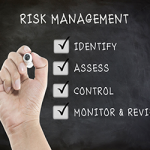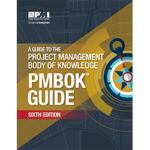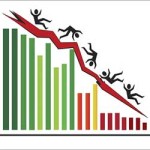
Project risk analysis is too often sacrificed by project managers in the name of time or budget constraints. But while skipping this critical step might save a few hours or dollars upfront, when risks go unseen, they usually don’t just knock—they bulldoze. In this article, we’ll prove the value of risk analysis with a real-world example, walking you through a project … [Read more...]













